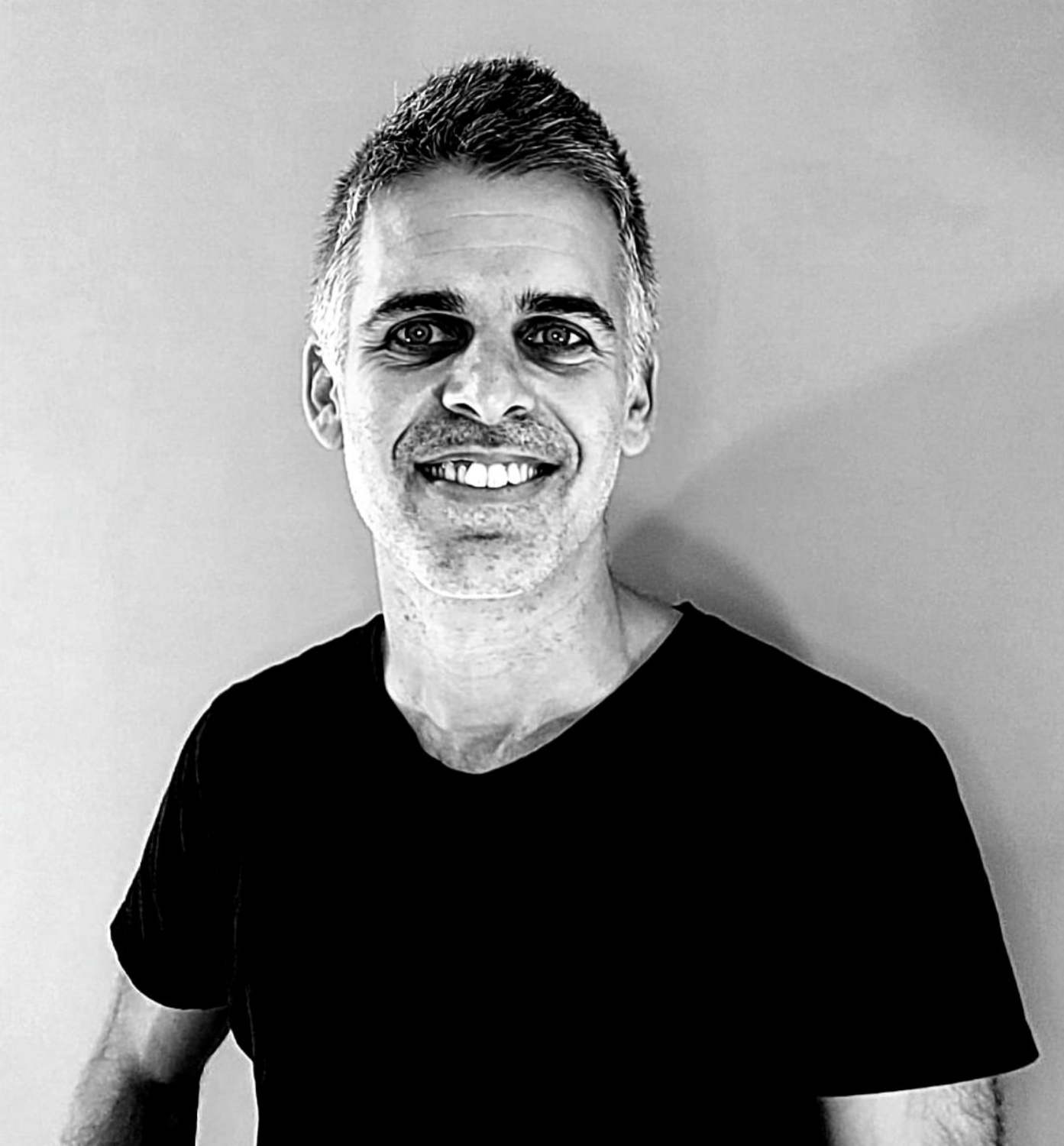Assumptions to the daylight!
- Raz Eliav

- Feb 27, 2023
- 2 min read
No way around peeking into this Pandora box called “what we don’t know we don’t know”, and the trickier cousin: “what we THINK we know but really don't”- thanks Aviv for pointing it out.
Discerning between right and wrong is an inherent part of any scientific endeavor. You see- Science is an iterative process of acquiring new knowledge and confirming it with objective evidence (data) that supports it. There are situations where the signal (the evidence we are looking for) is drowning in a sea of noise, and it is our human creativity (and wishful thinking) that might connect the dots in the wrong way and make us think we know what’s going on when in reality, we don’t (or at least- don’t see the full picture).
That’s why Scientists employ the process of peer review and meticulous documentation of their experimental design and results so that others can challenge their conclusion, if it is skewed with personal bias and experiments can be repeated as needed, with or without modifications.
The industry is moving much faster than that and must make decisions on the basis of ASSUMPTIONS (or- "What they think they know", or good enough representations of reality- even if partial). Assumptions are based on prior knowledge and on newly acquired R&D knowledge that is not yet fully confirmed.
Think of a new drug in development- we are making an assumption it is safe after we test it in animals, but this assumption is sometimes wrong and can only be confirmed in clinical trials and big data.
This is where RISK management comes into play, and that’s why it is intertwined with Knowledge management. Engineers (and Scientists in R&D) are very careful in the assumptions they make when drawing a conclusion. They lay these assumptions as clearly and explicitly as possible so that they could be revisited in the next iteration if reality doesn’t fit with the previous conclusions.
As more data is generated, and properly understood- we move the dial closer to the certainty that what we know is actually correct.
Register below to get The Daily Leaflet by E-mail, and be invited to the Weekly Treeclub webinar.



Comments